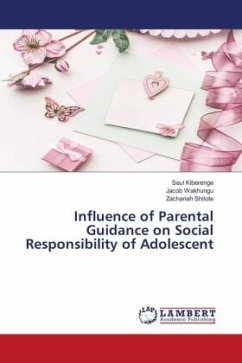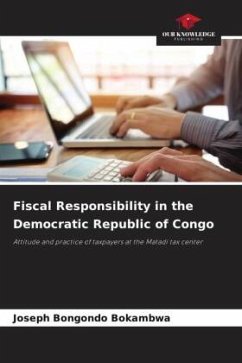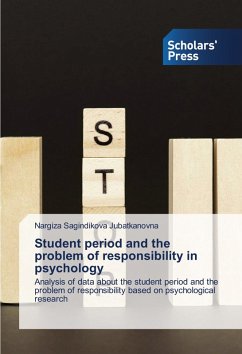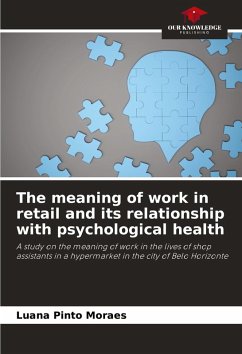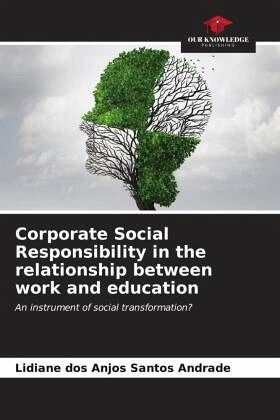
Corporate Social Responsibility in the relationship between work and education
An instrument of social transformation?
Versandkostenfrei!
Versandfertig in 6-10 Tagen
22,99 €
inkl. MwSt.

PAYBACK Punkte
11 °P sammeln!
Corporate Social Responsibility is a construct that reflects the systemic social insertion of companies, which are always subject to formal and informal norms that are constantly changing in society. For this reason, the debate on this issue is an important arena for the political confrontation of interests. Starting from a critical analysis in the light of social psychology, it is important to understand the historical process, especially in Brazil, which has made the issue of social responsibility so relevant, as well as the current scenario in which it is inserted, the main target audience ...
Corporate Social Responsibility is a construct that reflects the systemic social insertion of companies, which are always subject to formal and informal norms that are constantly changing in society. For this reason, the debate on this issue is an important arena for the political confrontation of interests. Starting from a critical analysis in the light of social psychology, it is important to understand the historical process, especially in Brazil, which has made the issue of social responsibility so relevant, as well as the current scenario in which it is inserted, the main target audience of these actions and the business discourse analysed in relation to the image disseminated by the company itself. To this end, a case study was used to explore how the corporate discourse relates to the categories of work and education, given that most of the existing projects focus on the issue of training for work. It is possible to identify the clearly established relationship between work and education as a form of training, exclusion approached in a naturalised way and partnerships between business, the state and civil society as a solution to social problems.



